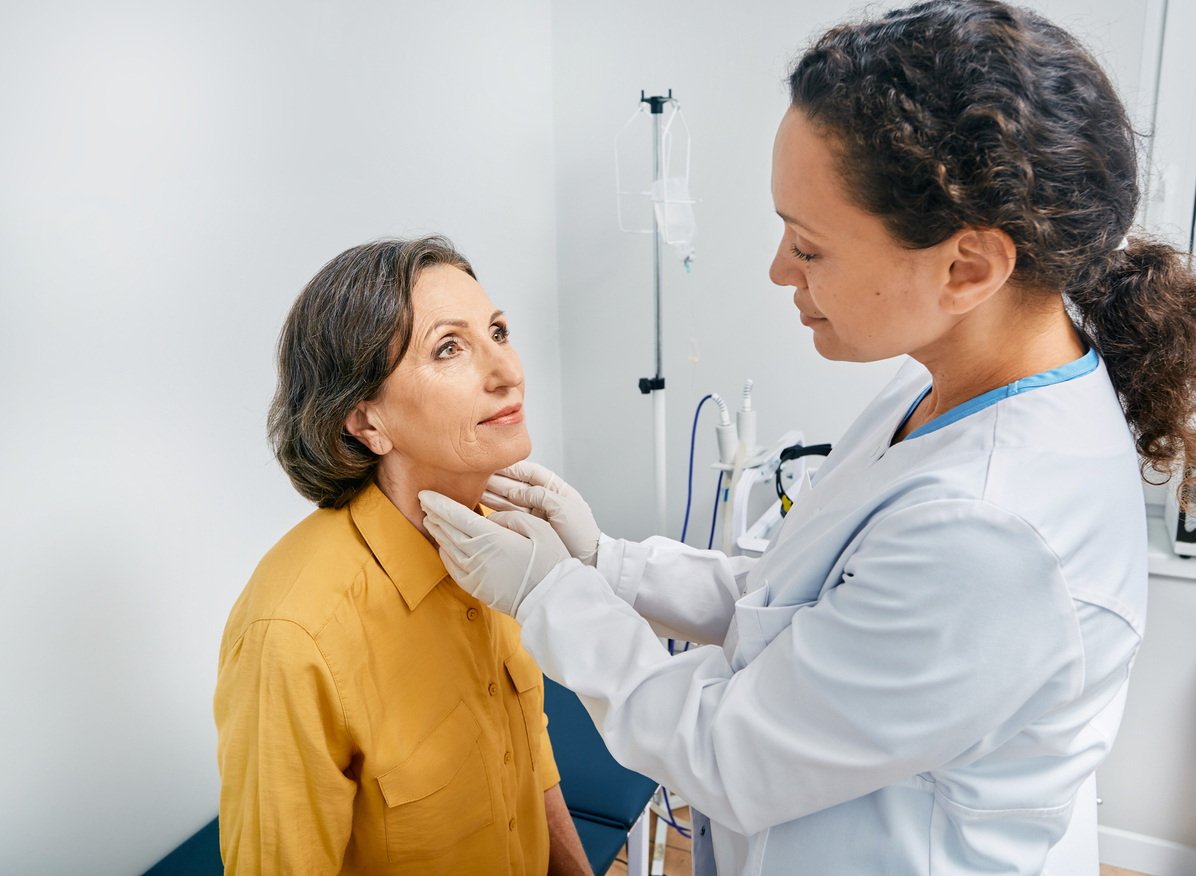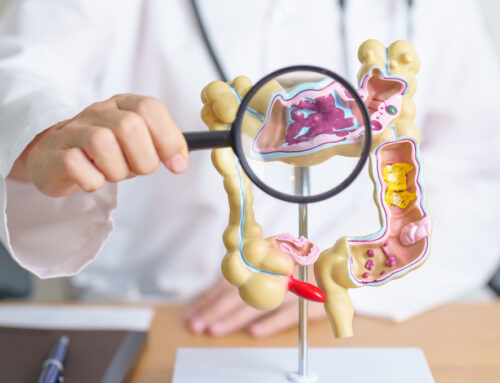
Our bodies are like complex machines with many parts that all work together to keep us healthy. One important but often overlooked part is the lymphatic system. This system, made up of tissues and organs, helps clean our body by removing toxins, waste, and other unwanted materials. At the center of this system are the lymph nodes. These small, bean-shaped glands help fight infection and disease by producing and storing cells.
Lymph nodes are strategically located throughout the body, acting as biological checkpoints. They filter lymph, a clear fluid containing white blood cells that combat infection. When the body is attacked by viruses, bacteria, or other pathogens, the lymph nodes swell as they produce more infection-fighting cells and filter out the harmful substances. This swelling is often the first sign of an infection, particularly in the neck, armpits, and groin areas.
Understanding the function and importance of lymph nodes is crucial in recognizing the body’s responses to various health conditions. This knowledge can help in early detection of certain diseases, including lymph node cancer, lymph node infection, and lymph node inflammation. These functions include playing a significant role in the immune system and participating in fluid homeostasis.
Structure and Location of Lymph Nodes
The structure of a lymph node is designed to maximize its function. It’s wrapped in a tough outer layer and filled with a fluid called lymph. Inside, the lymph node is divided into two main areas: the cortex and the medulla. The cortex is packed with B-cells in structures called follicles, and the medulla contains T-cells and plasma cells. These cells are key players in our immune system, helping us fight off diseases.
The human body has approximately 600 to 700 lymph nodes, divided into various groups based on their location. These groups include:
- Cervical
- Axillary
- Inguinal
- Mediastinal
- Mesenteric lymph nodes
For example, the cervical lymph nodes in the neck are often the first to swell in response to common illnesses such as the cold or flu. The axillary lymph nodes, found in the armpits, are essential in the early detection of breast cancer, as they can swell when cancerous cells are present. The inguinal lymph nodes in the groin can swell in response to infections or diseases in the lower body.
Role in the Immune System
The primary function of lymph nodes is to act as a defense mechanism for the body. They are a critical part of the immune system, producing and housing a variety of white blood cells, including lymphocytes, responsible for fighting off infections and diseases. When harmful pathogens invade the body, the lymph nodes respond by producing more of these infection-fighting cells.
Beyond their role in the immune system, lymph nodes also contribute to homeostasis in the body. They do this by filtering the lymph, a clear fluid circling throughout the lymphatic system. This fluid carries nutrients to cells and waste products away from them. As the lymph passes through the nodes, it is filtered of harmful substances and then returned to the bloodstream. This process helps to maintain the body’s fluid balance, preventing edema and contributing to overall health. In certain conditions, such as lymph node disease or metastasis, this function may be compromised, leading to fluid imbalance and other health issues.
Responses to Infections and Cancers
When the body is invaded by harmful pathogens, such as bacteria or viruses, the lymph nodes produce more white blood cells to fight the infection. This increase in cell production often results in swollen lymph nodes, which can be felt as small, tender lumps under the skin. This is a common symptom of many infections, including the common cold, strep throat, and ear infections.
Lymph nodes also play a crucial role in the body’s response to cancer. Cancer cells can often break away from the original tumor and travel through the lymphatic system. When these cells reach the lymph nodes, they can cause the nodes to swell. This is often the case in breast cancer, where swollen axillary lymph nodes can be a sign of the disease. In such cases, a lymph node biopsy may be performed to confirm the diagnosis.
While lymph nodes are essential in fighting off infections and cancers, they can also be the site of various health problems. Lymph node disease, such as lymphoma, can cause the nodes to become permanently enlarged. Infections can also lead to lymph node inflammation and lymph node infection, which can cause pain and tenderness in the affected nodes. In some cases, cancer can spread or metastasize to the lymph nodes, a condition known as lymph node metastasis. This can make the disease more difficult to treat and often requires more aggressive treatment options, such as lymph node removal or lymph node surgery.
Caring for Your Lymph Nodes
Maintaining healthy lymph nodes is vital for overall health and well-being, as they play a critical role in the immune system. Lymph nodes defend the body against harmful pathogens by producing and storing cells that fight infections, filtering harmful substances from the lymph, and helping to balance body fluids. When lymph nodes are healthy, they can effectively perform these functions.
However, lymph nodes can be affected by various health issues, including infections, inflammation, and cancer. Recognizing the signs of these problems, such as swelling, is crucial for early detection and treatment. Conducting regular self-examinations and being aware of the normal size and feel of your lymph nodes can help you spot any changes that might indicate a health issue. Regular medical check-ups are also essential in maintaining healthy lymph nodes. Healthcare professionals can perform a lymph node examination and, if necessary, a lymph node biopsy to diagnose any potential issues. By taking care of your lymph nodes, you are supporting your body’s ability to fight off infections and diseases, contributing to your overall health and well-being.



